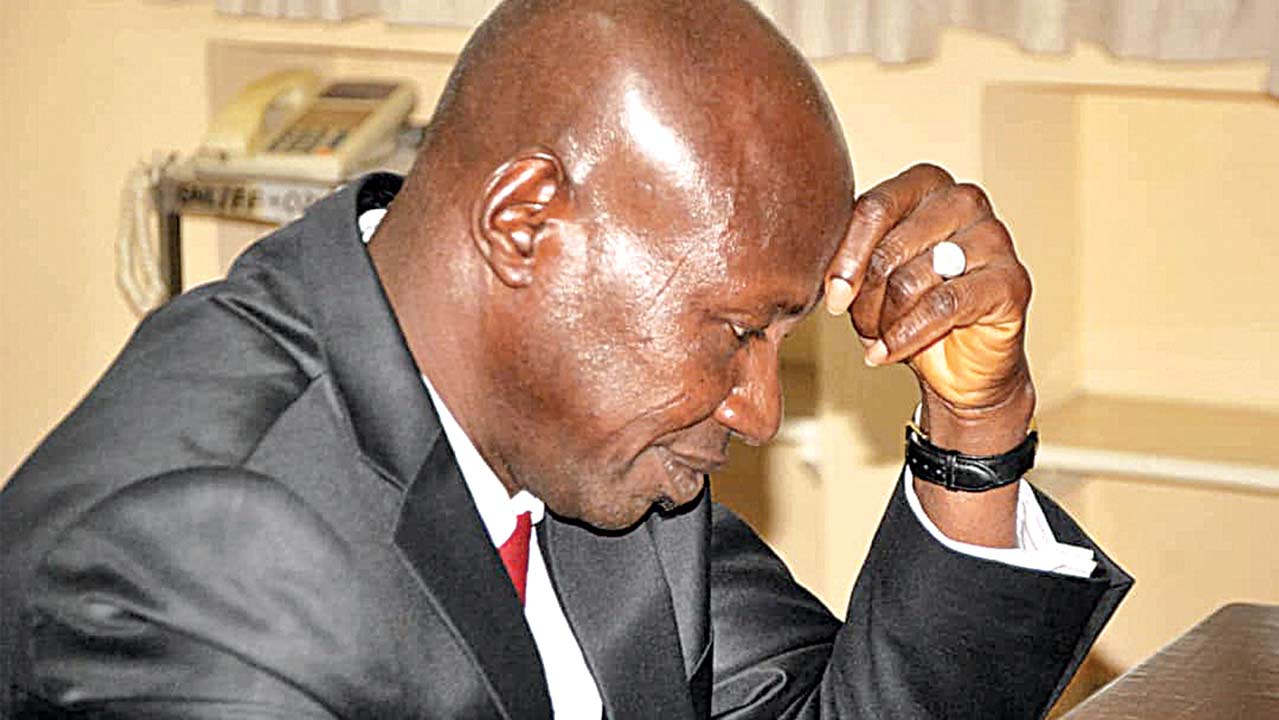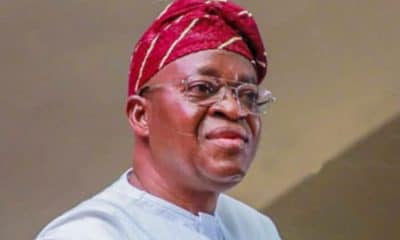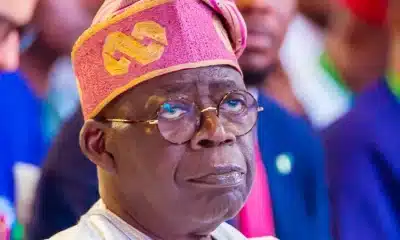Nigeria News
EFCC: Why Buhari Is Yet To Take Action Against Magu – Malami

The Attorney General and Minister of Justice, Abubakar Malami (SAN), has revealed why President Muhammadu Buhari is yet to take action on the probe report of the suspended Chairman of the Economic and Financial Crimes Commission (EFCC), Ibrahim Magu.
Speaking on Channels Television’s Politics Today programme, AGF Malami said Buhari was still studying the report of the Judicial Inquiry into the activities of Magu.
On the Transparency International’s Corruption Perception Index of 2020, which ranked Nigeria low as 149 out of 180 countries, the minister faulted the ranking as misplaced because it did not take into account, the various recoveries and convictions by the administration.
Meanwhile, Malami has claimed that President Muhammadu Buhari tolerated the “excesses” of the #EndSARS protesters, adding that no country would accommodate such.
Recall that youths had taken to the streets on October 2020, to protest against police brutality, while calling for the disbandment of the now-defunct special anti-robbery squad (SARS).
The protest which was initially peaceful was infiltrated by hoodlums to cause destruction in major cities of the country.
He said that “over 200 policemen were killed in the process of the purported freedom of expression”.
“I think the government of President Muhammadu Buhari has been very, and indeed extraordinarily, lenient with the human rights protection and that was indeed what caused the problems associated with the violations of the #EndSARS protests,” he said.
“Take for example: no nation in the world could have tolerated a situation whereby over 200 of its policemen were killed in the purported process of freedom of expression. Nigeria has tolerated that.
“No nation in the world could have tolerated the idea of destruction to its security institutions. I think over 20 police stations or more — I’m not certain about the number, they can be more — were destroyed during #EndSARS protests and government has a responsibility to ensure protection of lives and freedom of movement.”












